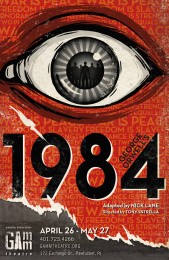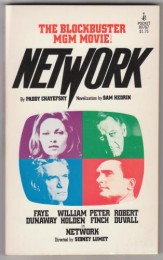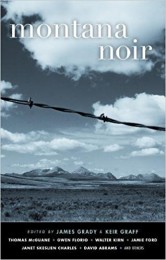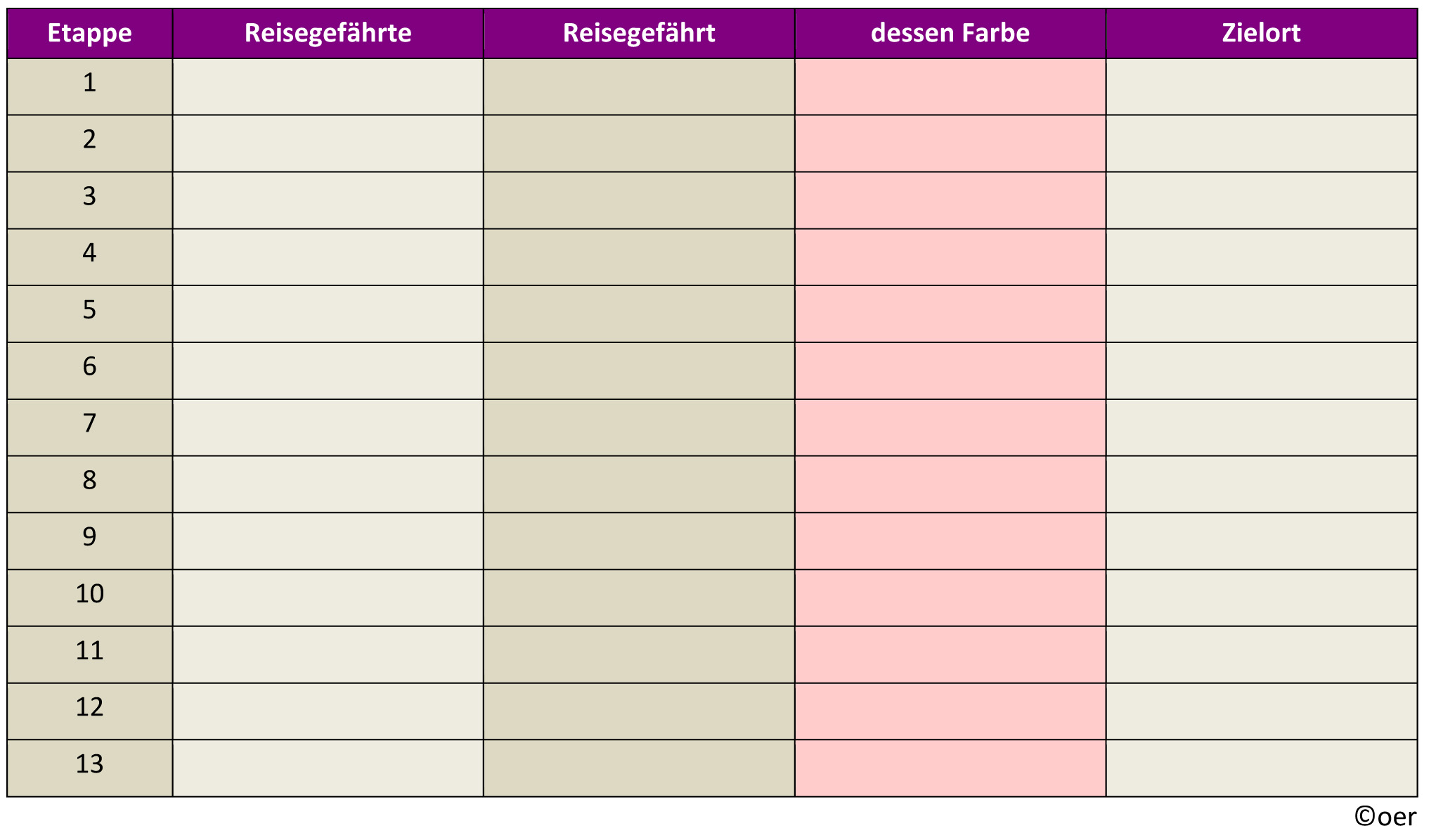
Foto: Josh Wolff
Our Hour Come Round At Last
2017 was the year we CrimeMag fans watched „what could be“ shimmer out of the street fictions we love to become „what is.“
Out of noir crime stories, where „legitimate“ corporations and medical posers „innocently“ provide billions of narcotic fixes to murderous criminal cartels who hook addicts from the pain they have and then with the pain they make.
Out of heart-pounding thrillers, where terrorists turn city streets into blood-splattered machinegun madness, rush through supermarkets stabbing whoever their blades can find, roar trucks and snazzy sports cars into no-escape crowds of civilians.
Out of spy novels, where using Star Trek technology that would make James Bond’s Q salivate, a dictatorial empire disrupts democracies all around our world.
 Out of Phillip K. Dick „alternative universes“ where our fathers‘ and grandfathers‘ fought goose-stepping, extinction-loving zombies and now we watch them clomp clomp clomp our streets with hip haircuts, tattoos, middle class mall clothes and their own official brand of pizza.
Out of Phillip K. Dick „alternative universes“ where our fathers‘ and grandfathers‘ fought goose-stepping, extinction-loving zombies and now we watch them clomp clomp clomp our streets with hip haircuts, tattoos, middle class mall clothes and their own official brand of pizza.
Out of clock-ticking doomsday novels where chunks of Antarctica the size of Landkreise hamlets break off and float away while like a Stephen King clown gone mad, the dyed orange haired, most powerful politician on the planet proclaims with absolute beady-eyed certainty that there is no global warming as all the other nations on earth recoil in horror.
 This is the year of George Orwell’s bullying Big Brother and Aldous Huxley’s we must be brave new world with „fake news“ and „alternative facts.“ Of Ray Bradbury’s Fahrenheit 451 about the war on truth, knowledge and books. Of Budd Schulberg with his 1957 movie A Face In The Crowd about a narcissistic lout using electronic mass media to seize political power. This is the year that validates Paddy Chayefsky’s 1976 movie Network in which self-righteous outrage and puppet „reality shows“ are more important to TV ratings than providing watchers with grounded data. This is the year when a 400 lb. robot cop in San Francisco is Blade Runner fired for unjustly harassing the thousands of homeless humans who tramp the streets of that city by the Bay, while other robots mine metals underground and mine their future from the shrinking necessity of human hands. This is the year of a rogue state dictator with fangs of nuclear warhead missiles. This is the year when the Dutch Tulips Mania that once crashed economies seems to be flowering again as cyber currencies no one can touch and „blockchain“ business models certain — absolutely certain — to bring riches. This is the year when Margaret Atwood’s imaginings are shown to be only slightly exaggerated secret diaries of millions of savagely harassed women all over the world. This is the year when the black mirror screens in our hands hold us more than our horizons of earth and sky. This is the year of Bruce Springsteen’s „runaway American dream“ and Bob Dylan’s „Desolation Row.“ This is the year when „just a poet“ William Butler Yeats became a historian because our center did not hold.
This is the year of George Orwell’s bullying Big Brother and Aldous Huxley’s we must be brave new world with „fake news“ and „alternative facts.“ Of Ray Bradbury’s Fahrenheit 451 about the war on truth, knowledge and books. Of Budd Schulberg with his 1957 movie A Face In The Crowd about a narcissistic lout using electronic mass media to seize political power. This is the year that validates Paddy Chayefsky’s 1976 movie Network in which self-righteous outrage and puppet „reality shows“ are more important to TV ratings than providing watchers with grounded data. This is the year when a 400 lb. robot cop in San Francisco is Blade Runner fired for unjustly harassing the thousands of homeless humans who tramp the streets of that city by the Bay, while other robots mine metals underground and mine their future from the shrinking necessity of human hands. This is the year of a rogue state dictator with fangs of nuclear warhead missiles. This is the year when the Dutch Tulips Mania that once crashed economies seems to be flowering again as cyber currencies no one can touch and „blockchain“ business models certain — absolutely certain — to bring riches. This is the year when Margaret Atwood’s imaginings are shown to be only slightly exaggerated secret diaries of millions of savagely harassed women all over the world. This is the year when the black mirror screens in our hands hold us more than our horizons of earth and sky. This is the year of Bruce Springsteen’s „runaway American dream“ and Bob Dylan’s „Desolation Row.“ This is the year when „just a poet“ William Butler Yeats became a historian because our center did not hold.
 We can’t say we weren’t warned.
We can’t say we weren’t warned.
But not by what some Americans call „the mainstream media,“ as if such a thing still exists in our world of a million billion streams surging the river where we’re all trying not to drown. For the most part, our brilliant journalists and sanctioned prophets sought reality from „credible realists“ who look just like them, who (also) went to the right schools, who have „positions“ of omniscience and power (just like them), and who find most of their insights in their bedroom mirrors.
Those mainstreamers we rely on to help us find our way through darkness and blinding glares looked down on, disparaged, laughed at the stories that we CrimeMag fans love to read and watch and hear, stories that lighten our load, show us what is and thus could be, make us smile and give us thrills.
 „Mere fictions,“ said the mainstreamers, dismissive even as they, too, used Graham Greene’s „mere entertainments“ to rest their marvelous minds.
„Mere fictions,“ said the mainstreamers, dismissive even as they, too, used Graham Greene’s „mere entertainments“ to rest their marvelous minds.
But 2017 was year that proved „mere fiction“ reveals forces machinegunning us all.
There is no comfort for us in being able to say: „I told you so.“
We’re here now.
But maybe —
— just maybe, maybe in those fictions we CrimeMag fans love, we can find hope for our „real“ lives, the „how’s“ to help us get from 2017 to somewhere better.
* * *
 (c) James Grady, December 2017, for CrimeMag – James Grady’s first novel „Six Days Of The Condor“ became the iconic Robert Redford movie „Three Days Of the Condor“ and inspired the Soviet Union’s KGB espionage octopus to create a secret 2,000 man spy agency to mimic what Condor did, complete with a phony cover name on a brass plaque at the front door of the spy group’s Moscow headquarters. Grady’s gone on to write more than dozen crime, espionage and thriller novels, three times that many short stories, and work as a muckraking investigative reporter in Washington, D.C. after Watergate. Named in 2008 by a London newspaper as „one of 50 crime writers to read before you die“ (along with Charles Dickens, Dashiell Hammett and Elmore Leonard), Grady’s received France’s Grand Prix Du Roman Noir, Italy’s Raymond Chandler medal, a Japanese Baku-Misu award for literature and numerous American honors for his short fiction. His daughter is an Academy Award winning documentarian, his son is a published author, his wife is a private detective turned award-winning national journalist. Born and raised in a small Montana (the Western state) town, Grady lives in Washington, D.C. – Just out: „Montana Noir“, which he edited. —
(c) James Grady, December 2017, for CrimeMag – James Grady’s first novel „Six Days Of The Condor“ became the iconic Robert Redford movie „Three Days Of the Condor“ and inspired the Soviet Union’s KGB espionage octopus to create a secret 2,000 man spy agency to mimic what Condor did, complete with a phony cover name on a brass plaque at the front door of the spy group’s Moscow headquarters. Grady’s gone on to write more than dozen crime, espionage and thriller novels, three times that many short stories, and work as a muckraking investigative reporter in Washington, D.C. after Watergate. Named in 2008 by a London newspaper as „one of 50 crime writers to read before you die“ (along with Charles Dickens, Dashiell Hammett and Elmore Leonard), Grady’s received France’s Grand Prix Du Roman Noir, Italy’s Raymond Chandler medal, a Japanese Baku-Misu award for literature and numerous American honors for his short fiction. His daughter is an Academy Award winning documentarian, his son is a published author, his wife is a private detective turned award-winning national journalist. Born and raised in a small Montana (the Western state) town, Grady lives in Washington, D.C. – Just out: „Montana Noir“, which he edited. —
James Grady in Deutschland: Die letzten Tage des Condor. Bei CrimeMag hier:
Interview mit Sonja Hartl: „Eigentlich war Condor niemals weg“
Anne Kuhlmeyer: Ver-rückt? Eine Frage der Perspektive.
Alf Mayer: Notizen vom täglichen Wahnsinn.











